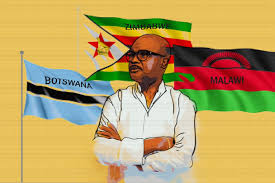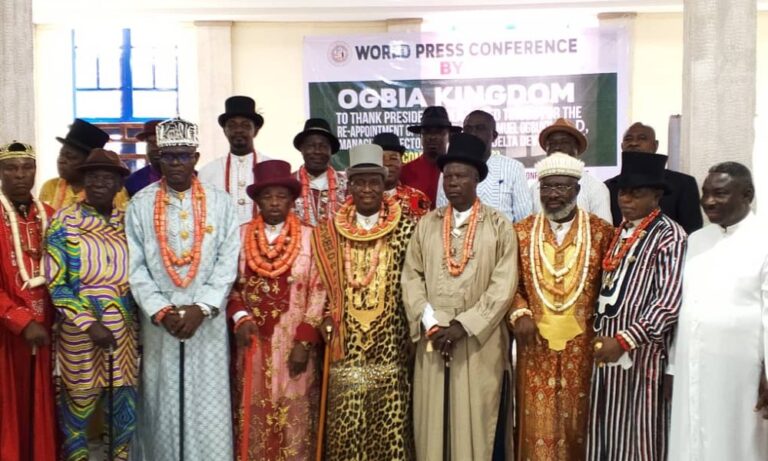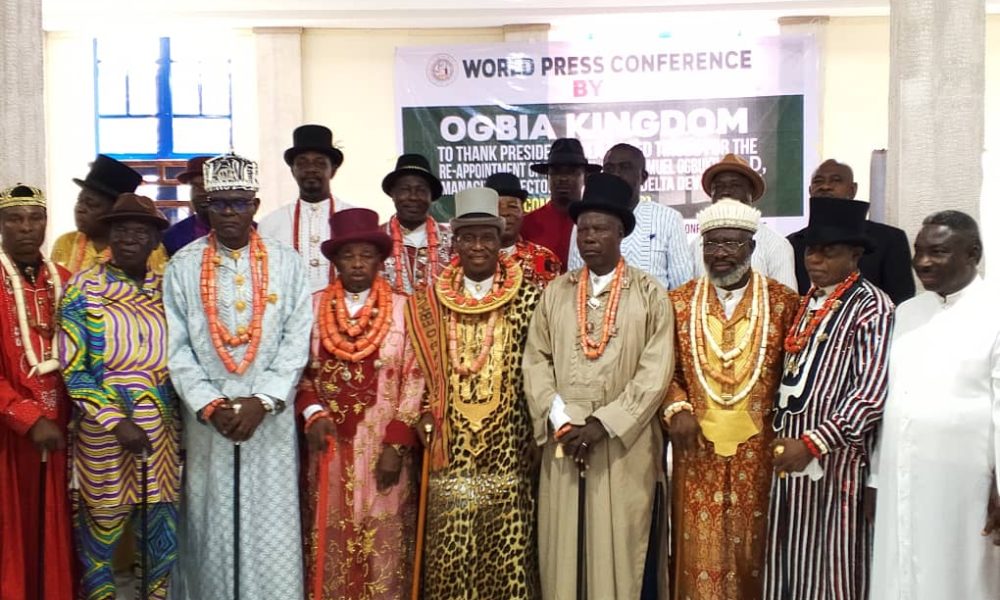This is not just a collection of short stories. It explores the emotional and psychological journeys in Intra-African migrations. Zeleza’s unique narratives examine the paradoxes of human separateness, inevitable loneliness, and vulnerability of migrants in search of new beginnings.Zeleza’s stories examine their characters’ emotional disconnection, following attempts to live homeland nuances in host communities. More likely, very frustrating in developed first world countries. The resultant alienation resonates deeply with the broader experiences of African migrants, who often get caught between original and new homes’ cultures. Morse so, as globalization motivates migration, the relevance of Zeleza’s work is undeniable. His stories apart from reflecting the African emigrants’ experiences, also mirror broader human experience of displacement, identity, and the quest for belonging. The lack of variety in some of the stories may limit comparative nuances of Intra-African migrations vis-a-vis global experience. However, there is no missing the similarity of challenges faced by migrants. Zeleza captures the universality of these themes. They strike similarities, whether set in New York’s bustling metropolis, the cosmopolitan streets of London, or sprawling urban centers of Lagos or Nairobi. His collection resonates with anyone who has experienced dislocation from his or her homeland. Zeleza’s foresight reflects the ever present or felt the pangs of exile; in terms of the complexities of diasporic life.Beyond the pages of Zeleza’s book, African emigrants sometimes face overriding individualism over commonality, resulting in profound loneliness and vulnerability. It is however, important to recognize that these challenges are not unique to African migrants. Urbanization and the detachment of individuals from communal settings are global phenomena.His focus on Intra-Africa rural-to-urban migration becomes particularly relevant in the context of the continent’s rapidly growing cities. Migrants in cities like Lagos and Kinshasa reflect broader global challenges faced in places like New York. The differences in infrastructure and access to services may vary, but the underlying themes of alienation, identity, and the search for belonging are universal.Tokyo’s advanced infrastructure and public transportation systems offer migrants better access to essential services, presenting somewhat easier adaptation by immigrants. The flipsides in Lagos and Nairobi’s developing infrastructure present profound challenges. Limited transportation options, inadequate healthcare and education systems could worsen isolation and hinder job accessibility. Accordingly, such themes in “The Joys of Exile” do not just reflect the African migrant experience. They also explore broader commentary on the human condition. His stories present universal experiences that transcend borders and cultures.African migrants could often deploy cultural commonality that counteracts feelings of alienation in foreign lands. Such identity fosters solidarity, emotional support, and belonging in networks that should preserve heritage and provide practical assistance. Indeed, reinforcing their identity in an increasingly globalized world.Explore “The Joys of Exile” to grasp migration’s complexities, challenges, and the insights on how migrants adapt in their new communities.
Themes in Paul Tiyambe Zeleza’s “The Joys of Exile.”

Share this article
Subscribe
By pressing the Subscribe button, you confirm that you have read our Privacy Policy.
Latest News

The Healthy Average Nigerian Towards 2030
December 10, 2025

News Roundup
December 9, 2025

Historical Facts – Ogbia
December 9, 2025


Building Nigerians, Reducing Unemployment:
December 1, 2025

Death in the Niger Delta
December 1, 2025
Featured Categories
More News

The Healthy Average Nigerian Towards 2030
December 10, 2025

News Roundup
December 9, 2025

Historical Facts – Ogbia
December 9, 2025


Building Nigerians, Reducing Unemployment:
December 1, 2025

Death in the Niger Delta
December 1, 2025

King Koko: The Hero Who Shaped a Nation
December 1, 2025


